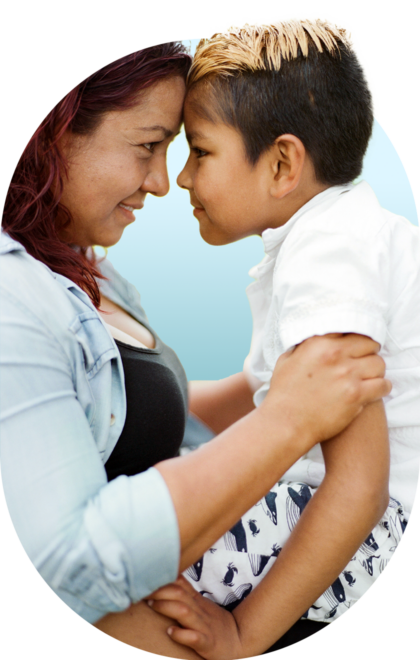
Clinical Trials
Clinical trials are carefully organized tests to evaluate if a new drug or treatment is effective at treating cancer and safe to give to patients. Some families choose to enroll their child in clinical trials.
What Are Clinical Trials?
When doctors find a medicine they think might help treat a disease like cancer, they organize a test to learn what happens when they give the drug or treatment to a group of patients who have a disease.
These tests are called clinical trials. Clinical trials help doctors learn which drugs and treatments are safe to give to patients and which do the best job treating cancer. Patients and their families get to choose whether or not they want to take part in clinical trials. Taking part in a clinical trial is always voluntary and it is an important decision. Be sure to talk through all of your questions with your doctor and family members when you are thinking about whether to enroll your child in a clinical trial.
The Phases of Clinical Trials
Phase 1 Clinical Trials
Once lab tests have shown that a new drug or treatment may help children with cancer, researchers want to learn about the side effects the drug causes. This is the purpose of a phase 1 clinical trial.
Even though researchers hope that the drug helps treat cancer, that isn’t the main goal in phase 1.
First, they need to find out the highest dose of the drug they can give without causing side effects that are too serious. They give the drug to a group of children and watch closely for side effects. Children who take part in a phase 1 trial have often tried other drugs and treatments that haven’t kept their cancer away.
Phase 2 Clinical Trials
Once doctors learn the dose of a drug or treatment that is safe to give to children, they move on to a phase 2 trial.
The goal of a phase 2 trial is to find out if the drug works to slow or stop a child’s cancer. For a child with a brain tumor, they give the drug and then watch to see if the tumor stops growing or shrinks.
Phase 3 Clinical Trials
In a phase 3 trial, doctors give a drug or treatment that seems to work to a larger group of children.
The goal of a phase 3 trial is to find out if the drug they are testing works better than other drugs for the same disease. They give the drug to children and compare it to other kinds of treatments to find out which is best at treating cancer.
Working this way takes time, but it helps doctors learn which treatments are best at treating brain tumors in children.
Finding a Clinical Trial for Your Child
When doctors want to learn which drug or treatment works best for children, it isn’t enough to try it on one child. Doctors need to work with groups of patients.
To put together groups that are big enough to show which treatments work best, doctors from many different hospitals work together in clinical trials. They give the same treatment to a group of patients who have tumors that are alike. Working together, doctors can find answers faster than if they worked alone.
Understanding whether or not your child qualifies for a clinical trial can be confusing. The Pediatric Brain Tumor Foundation works closely with other organizations to support families wanting to learn more. Complete this brief form or email us at [email protected] to speak with our team about clinical trials.

